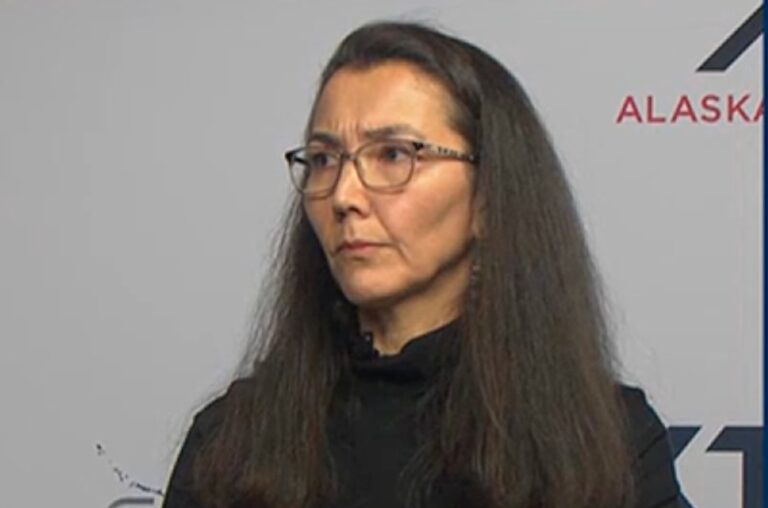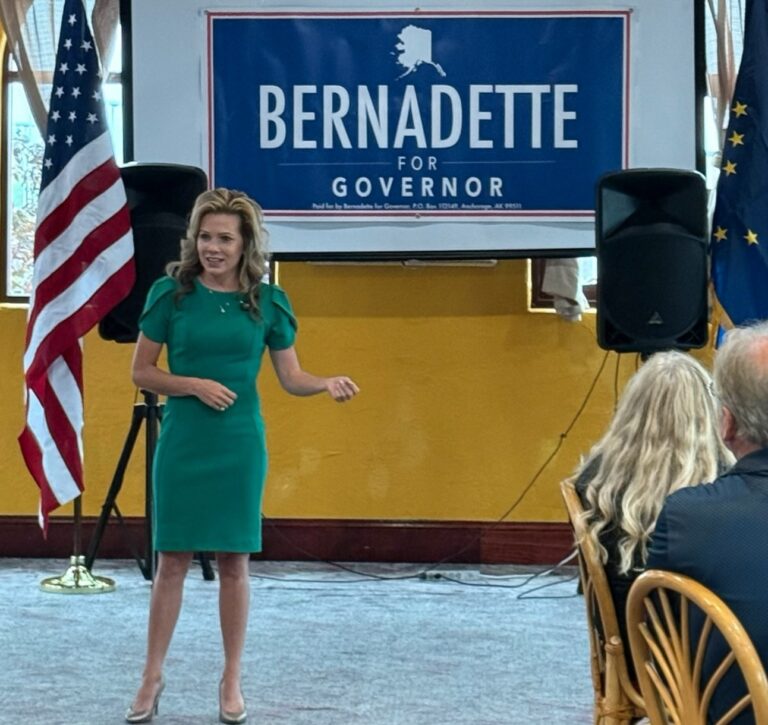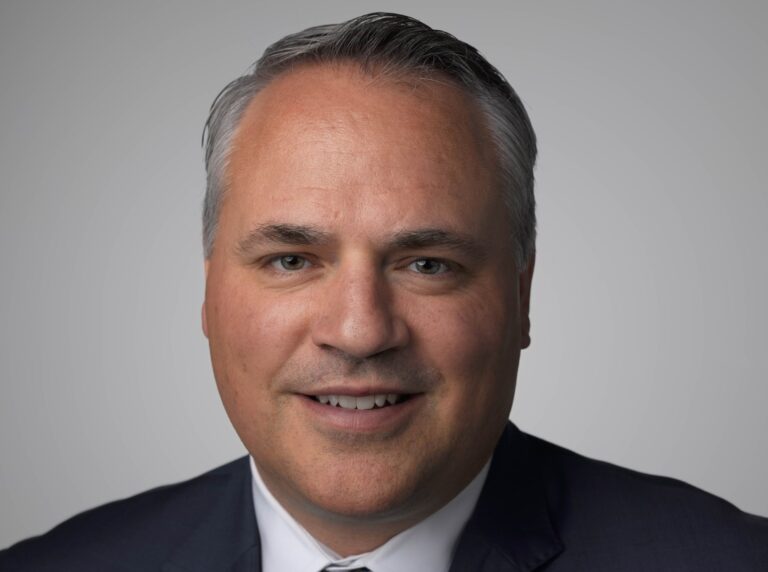By SHARON WALLS
“The rule of law doesn’t work unless it applies to all of us.” That was the ironic, and frankly hypocritical, headline chosen by Attorney General Treg Taylor in Must Read Alaska.
Treg Taylor: The rule of law doesn’t work unless it applies to all of us
Taylor’s article was not a defense of equal justice, but rather an attempt to discredit a man he dismissed as a “progressive activist, associated with the California Innocence Project.”
But what exactly made David Ignell “progressive”? Was it his work to fight for justice, expose corruption, and challenge malicious prosecutions? If so, then perhaps “progressive” simply means refusing to ignore injustice. In that case, I proudly stand in the same camp. More likely, the label was meant only as a cheap attempt to discredit.
This kind of rhetoric is dangerous. Our president has spoken forcefully against corrupt prosecutors, biased judges, and politically motivated cases. Suggesting that anyone who holds such views must be “progressive” trivializes a serious issue — one the American people care deeply about. Justice is not partisan. The rule of law must apply equally, or it fails us all.
Gross Misrepresentation of Facts
Taylor’s version of “what actually happened” relied almost entirely on a single witness: the bar manager. This was the same employee who failed to remove a drunk man after the first attack — and who later admitted he “had a good thing going with his job and didn’t want to lose it.” His former employer confirmed he had been fired for embezzlement. Yet Taylor chose to build his account around him.
Meanwhile, other evidence and witnesses directly contradicted that account. The attacker himself admitted he was never placed in a chokehold — something confirmed by recorded evidence. Two other state witnesses testified that it was the bar manager, not my husband, who applied a chokehold while my husband restrained the attacker. These statements, from Taylor’s own witnesses, were entirely omitted from his article.
Taylor claims this was “violence, not policing.” But how exactly should one detain a man — after two attacks, outweighing my husband by 60 pounds — without using force? The force was necessary, proportionate, and corroborated by a state witness. Waiting for a third attack would have been reckless.
The so-called “rock wall” never happened. No witnesses corroborated it, and the only video Alaska State Troopers obtained doesn’t support it. I can be heard on trooper audio asking whether they would obtain a warrant for all the surveillance video. I even warned the footage might be destroyed. The trooper told staff they were liable and soon after, multiple recordings vanished. Only a partial video survived.
Why were we pleading for video evidence? Because it could have told the truth, free from bias and omission. Its disappearance left the record shaped by selective testimony and contradictions.
Repeated Prosecutorial Failures
Taylor portrays the dismissed indictments as “procedural.” In reality, the judge explicitly described the state’s testimony as false, misleading, inaccurate, and incomplete — and faulted prosecutors for failing to correct it.
Even after two dismissals, the same trooper was brought back before the grand jury a third time, despite his credibility already being discredited in open court. This was not justice. It was a refusal to take responsibility, and a reckless abuse of the grand jury process.
Misconstruing “The Settlement”
Taylor further misrepresented “the settlement.” My husband retired so we could leave Alaska after years of harassment from Taylor’s office and this trooper. We communicated that we would continue legal action from outside the state.
At that point, Taylor’s prosecutors offered to drop all charges with prejudice, on the condition that my husband not return to Alaska law enforcement. That was never in question; we had no desire to stay. The prosecutors also promised to leave me alone, ending their repeated threats of new charges.
We left with everything we wanted: all charges dismissed with prejudice. What did Taylor’s office get? Nothing. So why drag this case through three grand juries, built on false and incomplete testimony? The answer is simple: to force us out of Ketchikan Alaska, where his leadership in the war against fentanyl was generating huge wins.
The Real Credibility Problem
Taylor speaks of law enforcement credibility. But credibility is his office’s biggest problem. He dropped all charges against the man who attacked me — yet pursued us for years, at immense public expense, despite the judge’s repeated warnings.
This isn’t leadership. At public meetings, Taylor blames troopers, judges, even the Supreme Court. Real leaders take responsibility. They face facts, even when uncomfortable.
Closing: Truth and Accountability
I write this not to rehash old wounds but to set the record straight. My husband and I are private citizens now, with zero convictions. Taylor’s article was unethical, dishonest, and malicious — much like his prosecution. His refusal to ever admit error mirrors a broader problem within Alaska’s justice system.
The truth is not negotiable. No amount of selective testimony, missing video, or repeated grand juries can change what actually happened. Alaska deserves better leadership than this.
Sharon Walls is the wife of a former Ketchikan police chief, was formerly law enforcement and private investigation.
David Ignell: How Attorney General Treg Taylor ran a decorated police chief out of Ketchikan
David Ignell: How the Alaska attorney general tried to destroy a cop who fought fentanyl, Part II
David Ignell: With Trump gone, the arrival of Bondi and Patel is urgently needed in Alaska
Treg Taylor: The rule of law doesn’t work unless it applies to all of us
David Ignell: To reform Alaska OCS, we must first reform the judiciary









